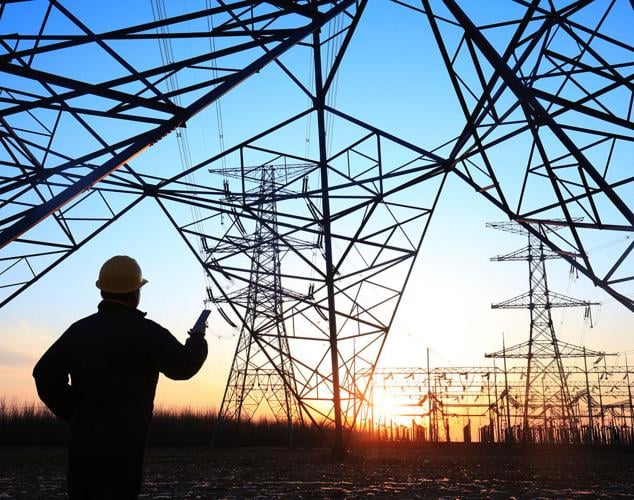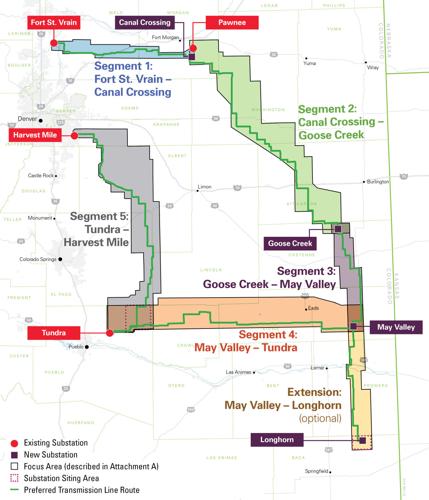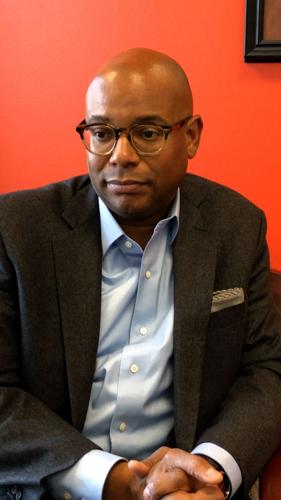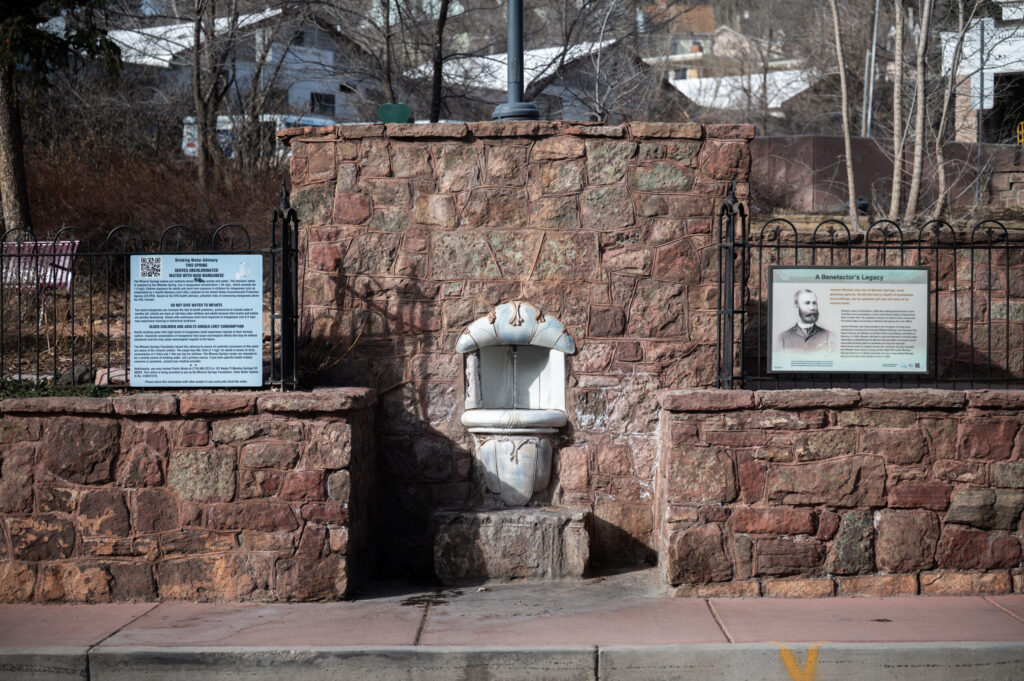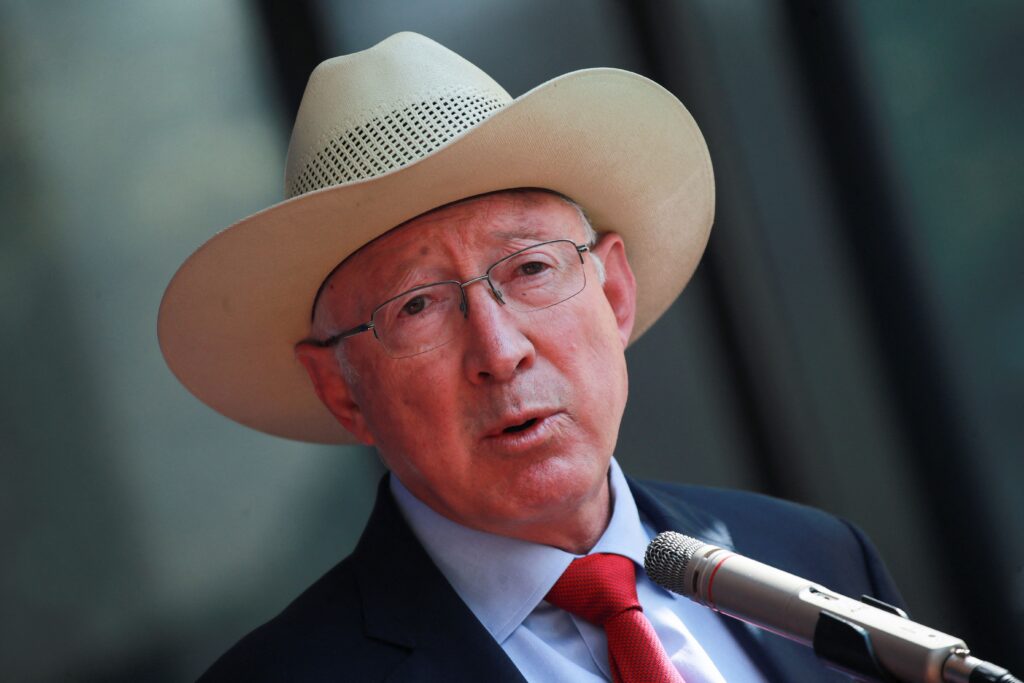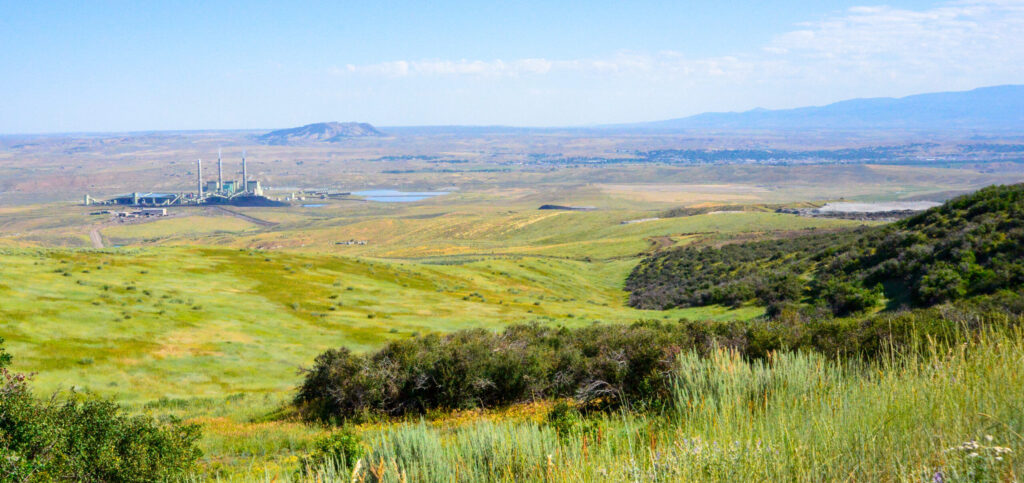Xcel Energy’s $2 billion Power Pathway project in eastern Colorado under fire
Xcel Energy’s $2 billion Power Pathway project to build 550 miles of high-voltage power lines in eastern Colorado has come under fire from three Colorado cities and a Nebraska energy agency.
The critics said Xcel is improperly imposing part of the cost of the new power line on customers who don’t need it and won’t benefit from the project. They accused Xcel of avoiding federal regional electric transmission planning and coordination regulations that would have required the energy company to equitably allocate the costs to all who would benefit from the project, including non-customers.
Xcel Energy said its Power Pathway project will “enhance the overall reliability of the grid and enable delivery of clean energy to all our customers, both retail and wholesale.”
The complaint was filed on Feb. 16 with the Federal Energy Regulatory Commission (FERC), which regulates interstate electric power generation and distribution.
The Municipal Energy Agency of Nebraska (MEAN), a wholesale power provider for more than 60 participating communities in four states, including the Colorado cities of Aspen and Glenwood Springs and the Town of Center, are the complainants in the case.
The Colorado members buy wholesale electricity and other services from MEAN, which provides “100% clean energy” to Aspen and Glenwood Springs and about 40% of Center’s “clean” energy.
Their electricity is transmitted over Xcel Energy’s statewide power grid, a service they pay for that is regulated by both Colorado and FERC.
In June 2022, the Colorado Public Utilities Commission gave Xcel Energy permission to spend at least $2 billion to build up to 550 miles of new high-voltage power lines in southern and eastern Colorado to serve windmills and solar farms.
Xcel said the project will provide a “backbone network transmission system in eastern Colorado” that would significantly improve the reliability of the state’s transmission system, as well as provide transmission capacity for 3,000 to 3,500 megawatts of new electric generation.
The complainants said they would be charged for the costs of the new powerlines, as commercial wholesale customers of Xcel, despite the fact that none of them will gain any benefit from the project, something that a FERC-mandated regional approach would have disclosed.
“Glenwood Springs and our joint filers have already made our investments in a carbon-free future. Our residents should not have to shoulder an unfair hike in fees for Xcel Energy’s infrastructure that provides no direct benefit to our constituents,” said Glenwood Springs Mayor Ingrid Wussow. “Bottom line — the proposed network service agreement unreasonably asks us to bear costs for the Power Pathway that are not tied to benefits for our communities.”
They said Xcel predicts a 114% rise in their power transmission bills.
“At the end of 2027, Colorado Cities will be paying more than double (114% based upon Public Service’s projections) for the same transmission service they have today, serving the same load they have today, using the same generation resources they have today, and using no renewable resources enabled by the Power Pathway,” the complaint said.
The complaint also said the new renewable energy generator owners set to develop facilities in the state’s eastern plains — which the project is intended to serve — won’t be paying for the new powerlines, either, and that the entire burden will fall on Xcel ratepayers, both residential and commercial.
FERC regulations require regional planning and coordination for high-voltage distribution lines to ensure that everyone who benefits from them pays their just and reasonable share of the costs, in part to prevent discrimination by overcharging some to the benefit of others.
The complainants argued that’s exactly what Xcel’s evasion of the federal rules does.
The complaint said Xcel evaded regional planning by claiming the project is “a locally needed transmission addition to support state policy objectives.”
“Inexplicably, although originally it reviewed project alternatives through the WestConnect subregional planning committee, Public Service later removed it from regional consideration and regional cost sharing and submitted the Power Pathway to the Colorado Public Utilities Commission,” the complaint said.
“This is an important consumer complaint as it raises the serious question of utilities grossly misaligning cost allocation for billions of dollars related to a transmission project — all in order to avoid a strong regional planning process and competition,” said Paul Cicio, chair of the Electricity Transmission Competition Coalition, which advocates for free-market competition in power line construction.
“The best way to stop this gaming of the system is for the Order No 1000 regions to regionally plan all transmission 100 kV and above,” Cicio said.
In September 2023, Xcel Energy also pitched a “preferred plan” for its Clean Energy Plan with a $15 billion price tag that would add an “unprecedented” amount of renewable energy to its grid over the next seven years. This is on top of the costs of the new transmission lines.
Robert Kenney, president of Xcel Energy Colorado, said Xcel has received more than 1,100 bids for renewable energy projects to feed the more than 5,000 megawatts of new line capacity in Colorado.
A May 2023 report by the Independence Institute, a Denver-based group that advocates for policies to “enhance personal and economic freedom,” in October said the cost to taxpayers for converting the electrical grid alone could be $318 billion by 2050.
Jake Fogleman, the group’s energy policy analyst, said it’s possible the average monthly residential electric bill could cost up to $628 a month by 2040. The report said that, since 2004, when the state enacted its first renewable energy portfolio standard, all-sector electricity prices in Colorado increased by more than 70% — from an average of 6.95 to 11.85 cents per kilowatt hour through 2022.
Colorado’s prices are now the highest on average in the entire Mountain West region, according to the report.
“More transmission isn’t necessarily the solution to developing more clean energy,” said Jeremy Nichols, senior advocate for the Center for Biological Diversity’s Environmental Health Program in a previous interview. “More transmission is a major investment and the last thing we want is for Xcel to saddle ratepayers with ineffective, inefficient, or worse environmentally destructive transmission projects.”
Xcel said its project complies with federal requirements.
“We believe our transmission planning and cost allocation processes fully comply with FERC’s requirements. We plan to respond and ask FERC to reject the complaint,” Xcel spokesperson Michelle Aguayo told The Denver Gazette in an email.







